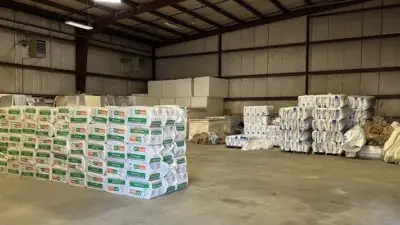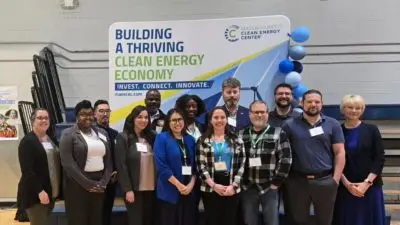Generally speaking, most HVAC systems have an average lifespan of 10 to 20 years. Without proper usage and maintenance, they’ll degrade much faster than they ought to. Unfortunately, no matter how much love and attention they’re given, every HVAC system will require replacing eventually.
If your unit is getting toward the end of its lifespan, or if your utility costs are rising without justification, you may want to consult a technician. Of course, HVAC system types are different from one another, and each has its own projected lifespan––important to consider in determining if it’s time to replace your system:
Furnaces – Gas furnaces can survive for 20 to 30 years. Oil furnaces usually make it for 10 to 15 years. Furnaces are typically replaced when the heat exchanger starts to leak. Unmaintained furnaces are sure to live for less than they should.
Boilers – Boilers have a typical lifespan of 20 to 35 years, and often survive a little longer than furnaces. They are also usually replaced when the heat exchanger starts to leak.
Air Conditioners – The average air conditioning system lasts 10 to 20 years. However, salt exposure in coastal regions can reduce the lifespan to 7 to 12 years. Air conditioning systems are typically replaced when the compressor or condenser becomes a problem. Older systems also often use the chemical R22, which is being phased out of usage by 2020 to meet regulations for environmental protection. It’s important to replace these particular systems sooner than later, as newer air conditioning systems have lower carbon emissions and are considerably more eco-friendly.
Heat Pumps – Typical heat pumps last 10 to 20 years. Like air conditioners, salt exposure in coastal regions can reduce the lifespan to 7 to 12 years. Due to their dual heating and cooling functions, heat pumps are prone to extensive mechanical problems without regular cleaning and inspection.
Ductless Mini-Splits – Ductless mini-splits can survive for anywhere from 10 to 30 years, though they also tend to experience diminished lifespans in coastal regions.
Lifespan Variables
There are many important variables that contribute to the overall lifespan of each HVAC system. Each system is only as strong as its parts, and its parts can diminish without proper care. HVAC systems are an expensive investment, and the best way to get the most from them is to take the appropriate measures in buying, installing, and caring for a system. Many factors contribute to a shortened system lifespan, such as:
Maintenance – Improper maintenance leads to additional wear on the components of the system. Without being caught, small issues often turn into system failures. Routine maintenance keeps a system alive longest.
System Sizing – Oversizing leads to damaging on-and-off cycling, and under-sizing creates perpetual overuse. It’s important to have a system optimized for the exact size of a home. A system of the wrong size will degrade much faster than it ought to.
Health of Components – Components can wear down over time, leading to worsened performance. Unfortunately, it’s also possible for components to be initially defective. Without routine maintenance to ensure the components are all happy and healthy, a system can become damaged for any number of reasons.
Quality of Installation – Sometimes an installation isn’t done as well as it could be, and a system suffers because of it. Proper installation from qualified technicians is your best option. A technician will be able to tell you if the installation was done incorrectly.
Installation Environment – Certain corrosive environments, such as coastal regions, have a higher level of wear on systems. Some systems are also designed better for specific environments and will experience problems if in an improper area.
Intensity of Usage – Using a system more intensely than is suggested will wear it down much faster. A system consistently used outside its parameters will experience a decreased lifespan.
Thermostat Effectiveness – The quality of a thermostat is also important, especially as more efficient technology comes out. Thermostats can often last up to 25 years, but technicians will examine units during routine maintenance and alert homeowners if upgrades would be beneficial.
Many homeowners choose to replace their HVAC systems before they’ve become dysfunctional. Systems typically decrease in reliability and performance quality over time. After a certain point, it’s more cost-effective to upgrade to a newer model that pays for itself in monthly utility savings and reduced repair costs. If you have any doubts about how your HVAC system is performing for you, consulting an expert will help address your concerns.
If it’s time to replace your HVAC system, HomeWorks Energy is proud to offer a trustworthy selection of quality systems that can be easily matched to the size of your home.








